In order to promote college readiness in our country’s youngest learners, teachers must begin to recognize that young children are ready to explore college-level concepts. Creating cohesive, educational curriculum plans that cover a variety of higher-level topics and concepts. Concepts such as math, science, literacy, culturally diverse ideas, and exploring the world through a multitude of senses.
Promoting College Readiness Through Play
Using the whole body and mind approach, children can achieve college readiness through well designed, play-based early education programs. Young children should have access to a dramatic play space, mud kitchens, art areas, science tables, and library corners. They should have access to blocks as counting manipulatives and engineering items. Children who interact with the written word, explore the tools that have been provided and enjoy sensory experiences that promote cognitive and physical development are learning through play.
The environment provides a necessary component of education. The children gain important life skills using an intentionally designed environment. Collaboration, communication, time management, problem-solving skills, leadership, and self-soothing. Teachers should be spending their days documenting the dialogue and skills being observed within children’s interactions.
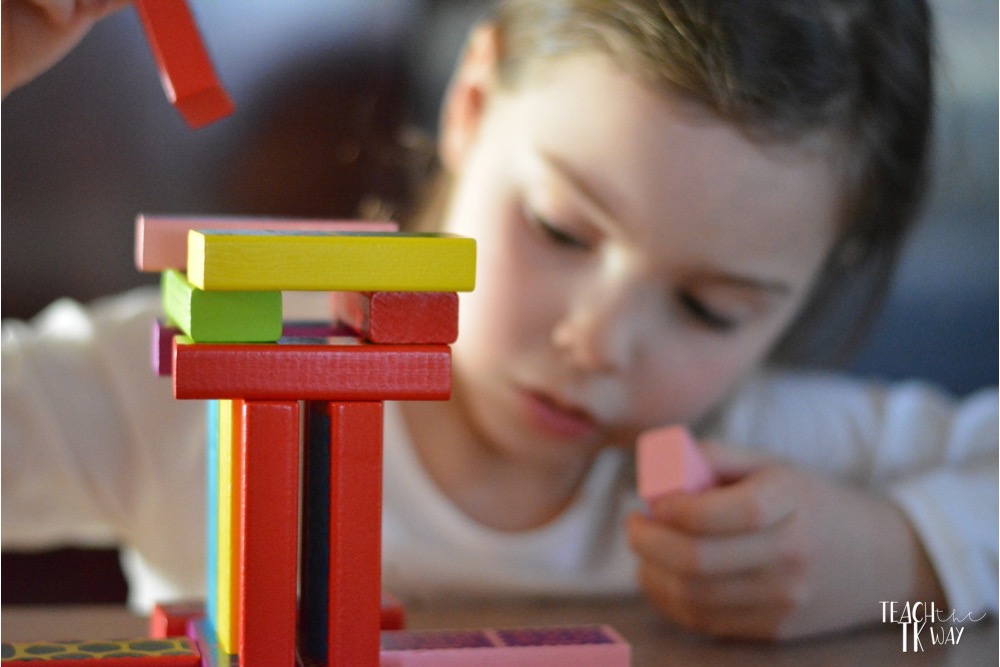
Rich Observational Vocabulary:
- Diverse
- Communicate
- Cooperation
- Deeper level thinking
- Engagement
College readiness drives curriculum content, goals and objectives through a play-based approach in the earliest classrooms. Early education theorists expect educators to understand a few key concepts about children’s development:
- children learn from their environment
- they are born to learn
- young children learn because they are thinking beings
- what children learn depends greatly on their teacher, experiences, and environments.
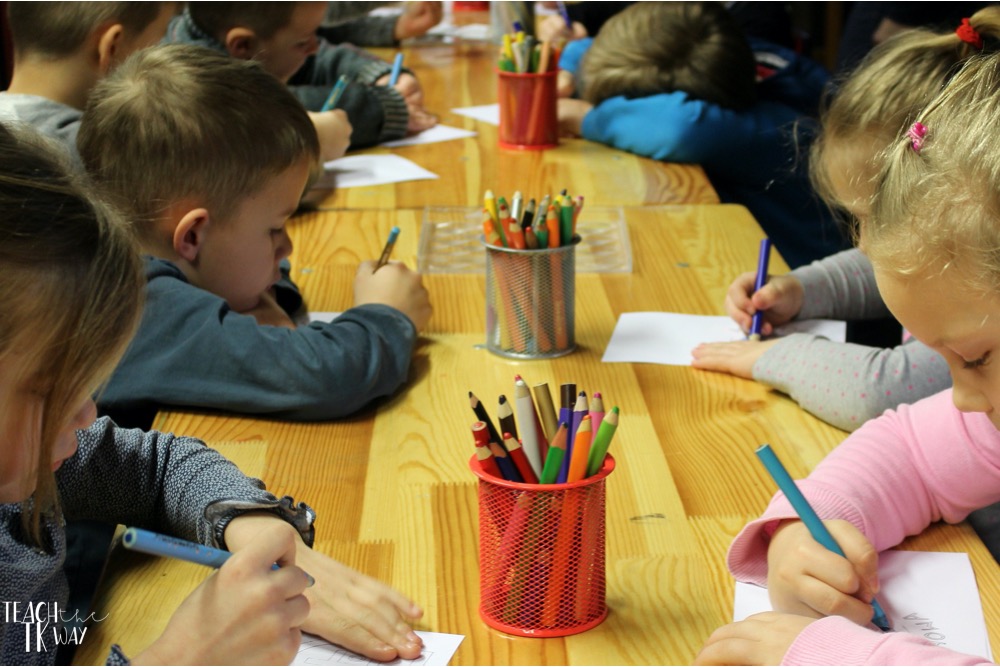
How Does Play Come into Practice?
Key academic concepts are offered through play-based opportunities. When modeled appropriately help children achieve higher-level cognitive skills needed for college entrance. Basing educational standards and goals on the key concepts will help set the framework for college-level skills driving TK curriculum content. Educators should design a play-based curriculum grounded in theory and evidence. Rather than offer a free-range approach where children are left with no framed purpose.
Teachers should imagine beyond the literal world and become more imaginative in their thinking about teaching. Developing a curriculum that is based on play, does not need to be literal in its approach. Cooking is a play-based activity. Reading literature that connects an activity to the daily concept is play-based education. There is a structure to this style of teaching, but it does not follow a traditional model of rote memorization or teacher-directed thought. But rather encourages necessary college-level conversations about why, how, what, and where.
Rating Scales as a way to Assess College Readiness
TK programs are currently being designed based on Quality Rating and Improvement Systems (QRIS). QRIS is the best way for programs to improve the availability and quality of early and school-age care and education programs and helps ready students for college through young learners.
Creating a standard across the curriculum that promotes college readiness is the whole point of a standardized curriculum. Designing a play-based model specifically in a TK classroom will allow for the children’s developmental milestones to be reached through best practice.
Teachers need to be active in their role as a facilitator; helping students develop skills according to their interests while reaching preset goals. Play-based education is not the absence of a daily plan based on a written curriculum. It is content designed specifically for the early learner, keeping individual interests in mind.
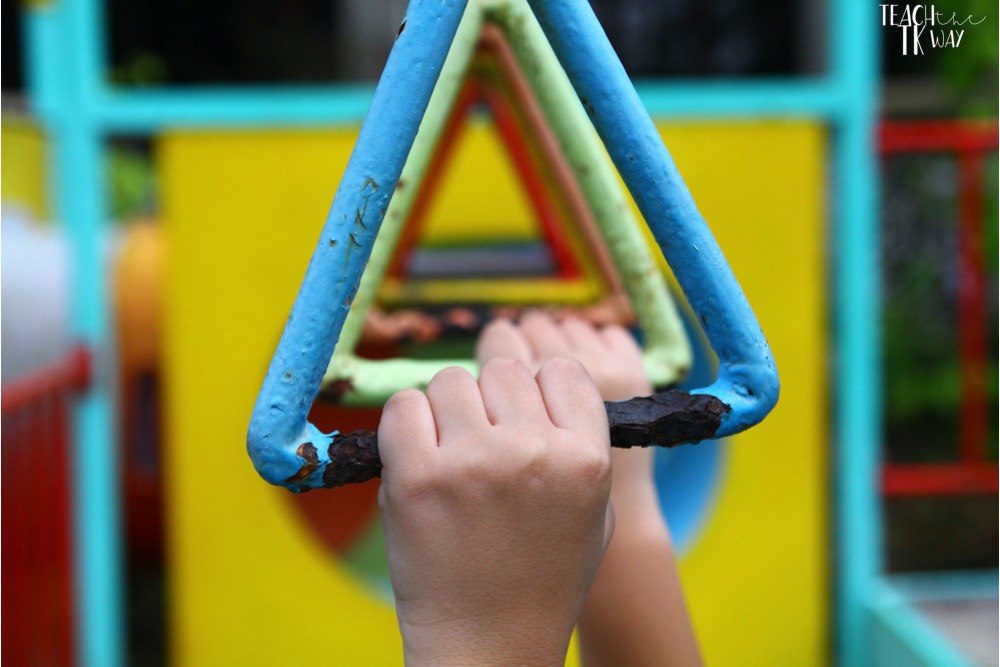
Outside the Box Learning Opportunities
Take for instance the child who cannot sit for long periods of time discussing letters and their sounds. Encouraging the child to head outside find letters written in chalk, or stand on a letter and say its sound while doing jumping jacks, builds excitement. As a result, the child will spend hours ‘hunting’ for letters just so they can participate in the game-based lesson.
Think about the children that can speak for hours about video games, create complex ‘worlds’ within a digital platform, stay focused on difficult tasks for detailed lengths of time. These are typically the same children who cannot remember to write their names on their papers, can only sit and stay focused during history lessons for about five minutes at a time and struggle to grasp mathematical concepts that discuss trains and cars leaving stations at alternate times. Educators can offer play based concepts, covering every developmental milestone, eventually leading to college readiness.
Play Supports the Framework
Play-based education provides a framework, or platform, from which all other learning outcomes are based. In order to help children begin their journey to college, education must work backward, promoting the necessary skills in TK in order to attain higher-level education.
Play allows children to explore concepts of problem solving, reasoning and accuracy while allowing the child freedom within the curriculum. Children become proficient problem solvers when educators model appropriate problem-solving skills, make teaching the skill a priority and give children lots of practice making simple decisions.
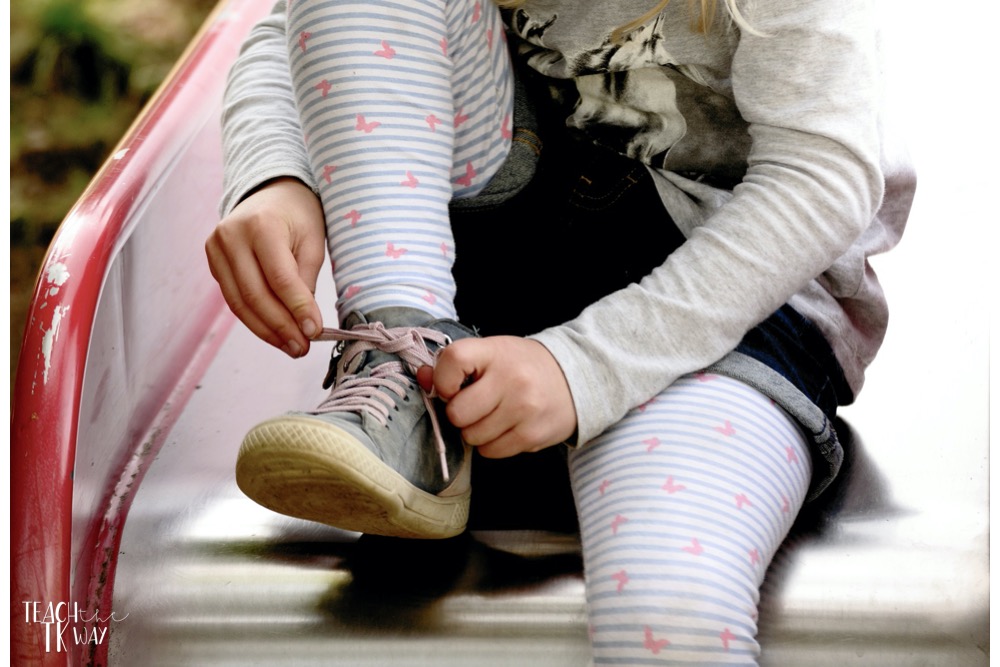
Supporting College Readiness
Educators are caught up in teaching to the test. As a result, we must encourage the use of deeper level thinking, strong vocabularies, and communication as the basis for any play based TK program, in order to support growth that will support college readiness. In many of today’s classrooms, educators are using one-directional, simple communication, while students frantically move from one activity to the next in order to reach milestones; rather than expecting achievement among young children who have been taught to regurgitate material, we have to encourage the long lost art of conversation, so everyone is learning from classrooms based in language immersion.
Studies show children who attend Transitional Kindergarten are academically as much as five months ahead of their peers. TK students, entering kindergarten, have higher literacy skills, more advanced math skills, and greater executive function. We must develop TK programs that are based on the developmental milestones of four-year-olds. Utilizing the theories of Montessori, Waldorf, and Reggio, that promote the child as an integral piece of their own education. It is imperative for teachers to realize their potential as a facilitator and creator of academic environments. Environments that produce inquiry, learning, and success are not based solely on their design.
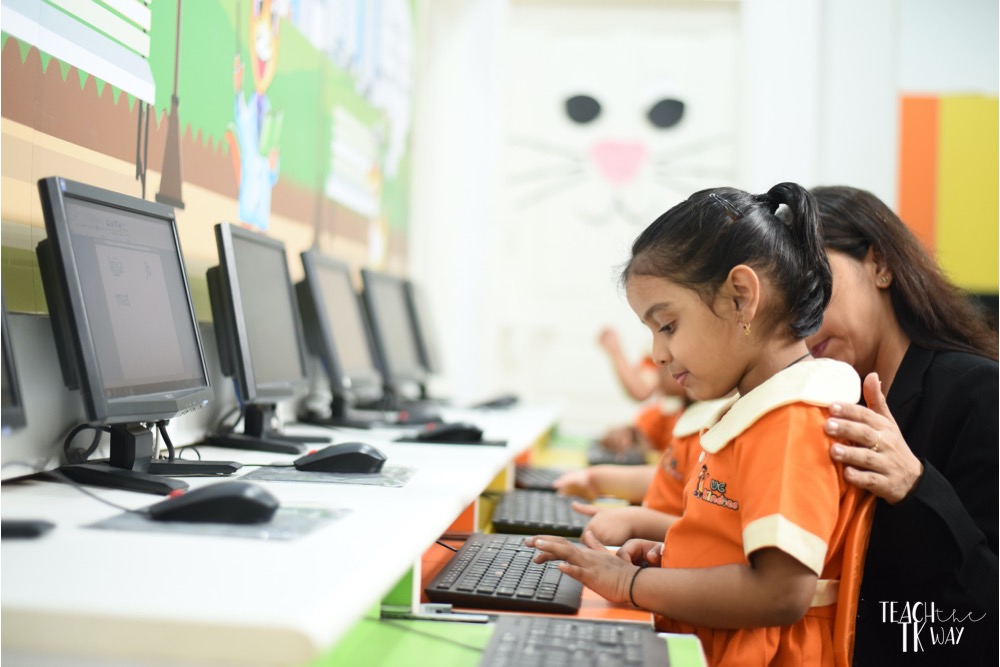
The Landscape of Education is Changing
Common Core State Standards have changed the scope of early education, as a result, a large portion of the day is now spent on seatwork. Teachers spend their time cajoling students to finish their work before they are able to play. This practice hinders children’s development and adds stress to their day. Ultimately, having a negative impact on the way young children perceive early learning environments.
TK bridges the gap between preschool and Kindergarten, however, the curriculum is designed for older Kindergarten students. This concept sets students up for frustration and failure, confusing parents even more about the role of the TK year. The intention is to give students more opportunities to master social situations. More experiences to assimilate academic concepts and transition into larger classrooms. Additionally, the necessary time to do so, before requiring all that Kindergarten Standards and College Readiness dictates they accomplish.
How Can Educators Promote College Readiness?
Rather than develop an understanding that play is the work of young children, educators are falling into the comparison trap. Comparing one student to another, demanding that all children have reached specific milestones by the end of the TK year. This added stress to students and educators alike is hindering growth related to college readiness.
Educators must look from an observer perspective. In order to best facilitate learning for young children, teachers need to immerse themselves in the play experience. Children who already have a deep understanding of key concepts need educators to offer supplemental experiences that scaffold learning.
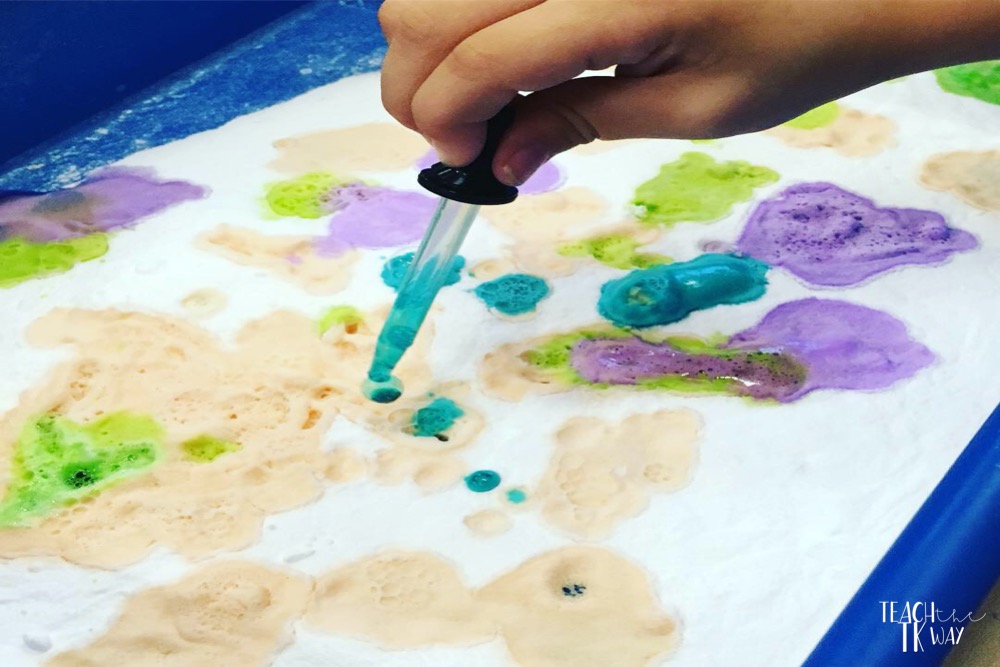
Foundational Skills
Creating a foundation of learning that supports the way children assimilate information, creates a generation of students who value education. Eventually, these learners will become ready to attain college entrance. Education is having command of a curriculum, knowledge of theories and facts from various disciplines. The term educated also suggests a more far-reaching concept associated with individuals’ full development. Although the term readiness can be subjective, with many qualifiers for individuals to be successful; educational standards are concrete. Encouraging children to develop the framework needed for college readiness, begins in the early years.
While college readiness should define the long-term educational goals and objectives, educators should be cognizant of child development. Not pushing academic performance onto the youngest learners. Instead, providing a framework of play-based experience, that promotes eventual college entrance.



